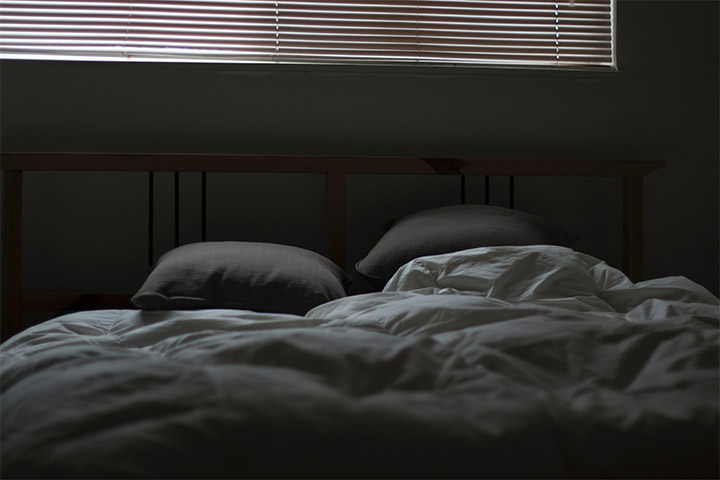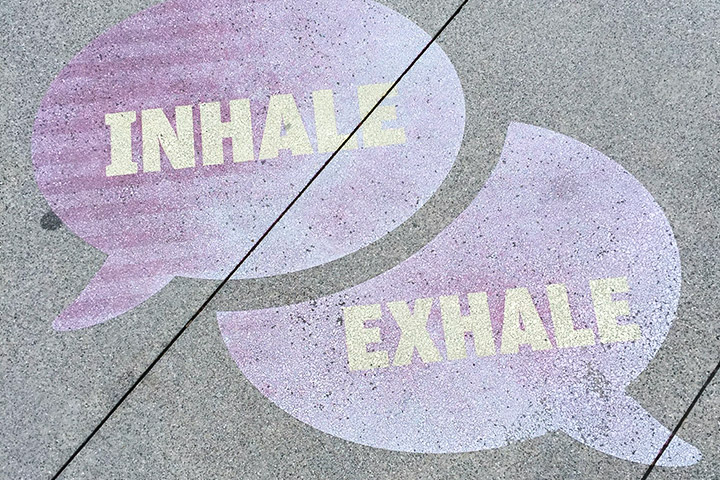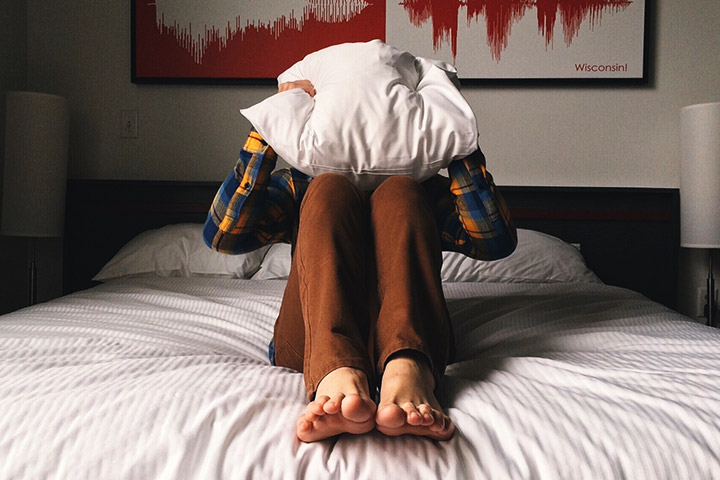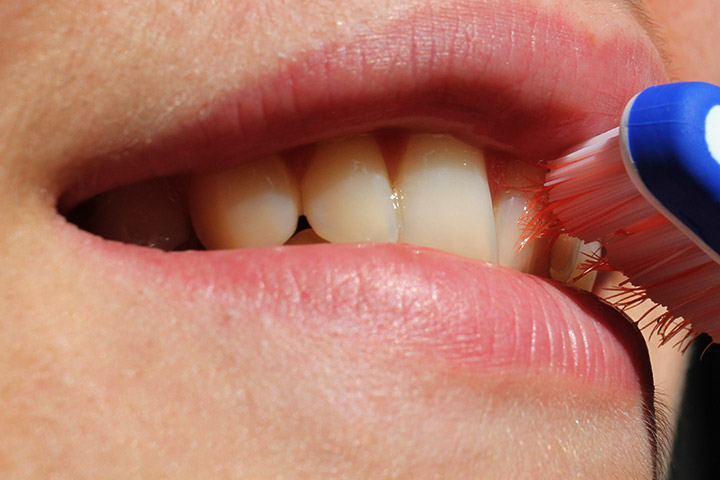You suffer from ronchopathy. In other words, you snore during your sleep. This snoring can have various causes and, fortunately, is not irreparable. In fact, there are many anti-snoring solutions. Which anti-snoring device should I choose? What are the most effective solutions? In this article, we take a look at all the solutions available for snorers.
The anti-snoring devices
The anti-snoring device, or mandibular advancement device, is one of the 2 solutions recommended to stop snoring, as stated on French Health Care Insurance’s website. Snoring is caused by poor air circulation between the tongue, the soft palate and the uvula. This can be due to a bad position of the jaw and palate during sleep, particularly in the case of bruxism or sleep apnea. Fortunately, there are innovative anti-snoring devices: the mandibular advancement device is one of them.
It holds the lower jaw slightly forward during sleep, freeing the airway and making breathing easier. This device can be bought in pharmacies (thermoformable adjustable device) or custom-made. Custom-made device is more effective, as it is perfectly adapted to your jaw. It is a medical device, which can be covered by social security under certain conditions.
The anti-snoring pillow
Would you like to know how to stop snoring without an anti-snoring device? The anti-snoring pillow can sometimes be effective for some people, although no clinical study has formally demonstrated this. In fact, it depends on the sleeper’s ability to maintain a stable position while sleeping. In addition to its anti-snoring properties, this pillow also improves sleep. However, it is not recommended for those who tend to change their position and move frequently during the night.
The anti-snoring ring
The anti-snoring ring is a natural solution to stop snoring. It is based on the principle of acupuncture by acting on the meridians linked to the respiratory system. This ring is equipped with small bumps, placed inside the ring. These bumps stimulate one or more acupuncture points by applying continuous pressure during the night. It is worn at night, on the little finger of the hand. The anti-snoring ring is said to limit snoring and promote good oxygenation during sleep, but no reliable study has ever demonstrated this.
However, these benefits vary from person to person: the change could be immediate or gradual. In the latter case, snoring would fade over time. Some consumers also report that they have not noticed any major changes since purchasing their anti-snoring ring. The Council of Pharmacists and many doctors advise against these rings because they are ineffective and use misleading advertising.
Anti-snoring nose strips
Anti-snoring nose strips open up the airways by encouraging breathing through the nose. This limits breathing through the mouth, which is responsible for snoring. This small strip is very simple to use: it is simply applied to the nose before bedtime. Once in place, it opens the nostrils to optimise the flow of air through the nose.
Sometimes this allows the sleeper to snore less and gain in quality of sleep, although the cause of snoring is usually in the throat and not the nose. This anti-snoring solution can be used on a daily basis, but also in case of a cold, when the sleeper has difficulty breathing properly. Some sportsmen also use it to improve their breathing during physical effort.
The anti-snoring belt
The anti-snoring belt is a device designed to treat people with sleep apnoea when they sleep on their backs, which represents about 15% of those affected by sleep apnoea. How does it work? It forces the snorer to stop sleeping on their back. Equipped with a rigid ball, it hinders the dorsal position, which is conducive to snoring. It is an adjustable belt, sold over the counter on the web or in pharmacies and drugstores.
The anti-snoring headband
This is a chin strap to prevent snoring. This headband fits around the face and holds the upper jaw up during the night. This reduces the opening of the mouth that leads to snoring and improves the airflow in the respiratory tract. It is also known as a chinstrap or anti-snoring mask. Despite its somewhat frightening appearance, this headband is relatively comfortable and easy to use.
Anti-snoring mouth spray
Anti-snoring spray is a nasal and oral spray. It is supposed to act directly on the causes of snoring, but in reality it does not reduce the obstruction of the air passage that causes snoring and apneas. It is a “surface-active” substance which, by lining the tissues of the throat, limits their vibration. The mucus in the throat is renewed in about 30 to 45 minutes and, if the effectiveness exists, which has not been clinically demonstrated, it cannot exceed 1 hour. This therefore reduces the vibration.



